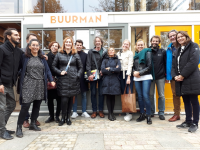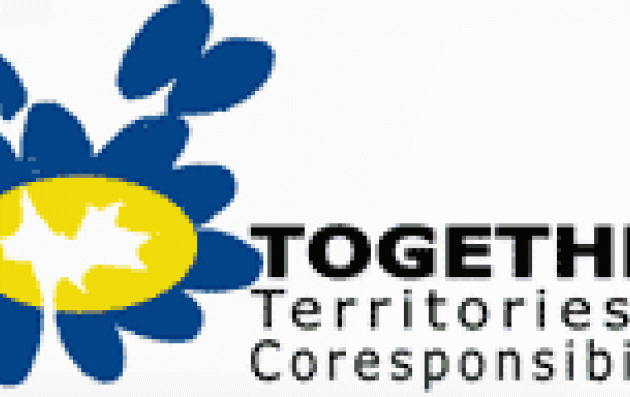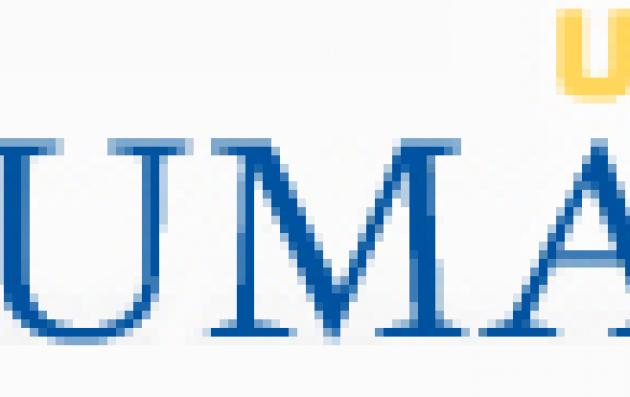Temperatures raising, with a thermometer under the sunlight.
Take a ride with us through memory lane. This article was first published in 2022, yet it still is as relevant as ever with the heatwaves and high temperature hitting European cities.
Over past decades, humanity has breached two major milestones: the world is consuming 100 billion tonnes of materials every year and it is one degree warmer.
The level of warming strongly depends on the reference period definition, the future time horizon and the level of greenhouse gas emissions. Among the various greenhouse gas (GHG) emissions produced by human activities, carbon dioxide contributes most to climate change, and is expected to continue rising if no action is taken. Specifically, climate neutrality by 2050 means achieving net zero GHG emissions for European countries, mainly by investing in innovative green technologies and enabling green transformation.
With global warming showing no signs of slowing, the 2016 Paris climate agreement was a step towards changing some of our unsustainable practices, processes and behaviours. But even if all 194 countries that pledged climate action as part of the Paris Agreement fulfil their emissions-cutting promises, the rise in temperatures is still forecast to hit 3.2°C this century.
We need to do more to fight global warming fast, and – as the recent URBACT City Festival demonstrated – cities across Europe are taking action, changing policies and mindsets, together with major stakeholders and citizens.
Circular economy helping meet Paris Agreement commitments to slow global warming
We are presented with a significant opportunity not only to achieve our climate goals, but also to future-proof our economy: The circular economy.
Sustainability forerunners started looking towards circularity as an alternative to the traditional and still widespread linear economic model of producing and using goods and services – take, make, dispose) – which relies on large quantities of cheap, easily accessible materials and energy.
The circular economy is a model of production and consumption that involves sharing, leasing, reusing, repairing, refurbishing and recycling existing materials and products as long as possible. In this way, the life cycle of products is extended.
In practice, it implies reducing waste to a minimum. When a product reaches the end of its life, its materials are kept within the economy wherever possible. These can be productively used again and again, thereby creating further value.
Circularity has great potential to overcome global sustainability challenges, reducing the use of raw materials and keeping materials in the loop as long as is feasible. This reduces and minimises the ecological footprint of every human-made product and thus helps mitigate climate change.
Circular economy and the role of cities
The role of cities in this circular transition is critical.
Cities are growth engines in need of supervision and control. They are major contributors to climate change, responsible for up to 76% of carbon emissions. Even though they occupy less than 2% of the Earth’s surface, they account for 75% of natural resource consumption and 50% of global waste production. On the solution side, cities are also magnets for creative potential and thus facilitators of societal transformation towards more sustainability in the public as well as the private sector.
Cities are among the most important actors that can positively influence development by embracing the circular economy.
According to the Circularity Gap Report(link is external), we need to reach an average of about 18% circularity rate – share of material resources used which come from recycled waste materials, thus saving extractions of primary raw materials – to limit global warming to well below two degrees.
To date, this rate at global level is only 8.6%. And the worst is that in 2018, circular rate at the global level was 9.1%, thus the trend is going down. The good news: we need to only roughly double the current rate of 8.6% to limit global warming to well below two degrees.
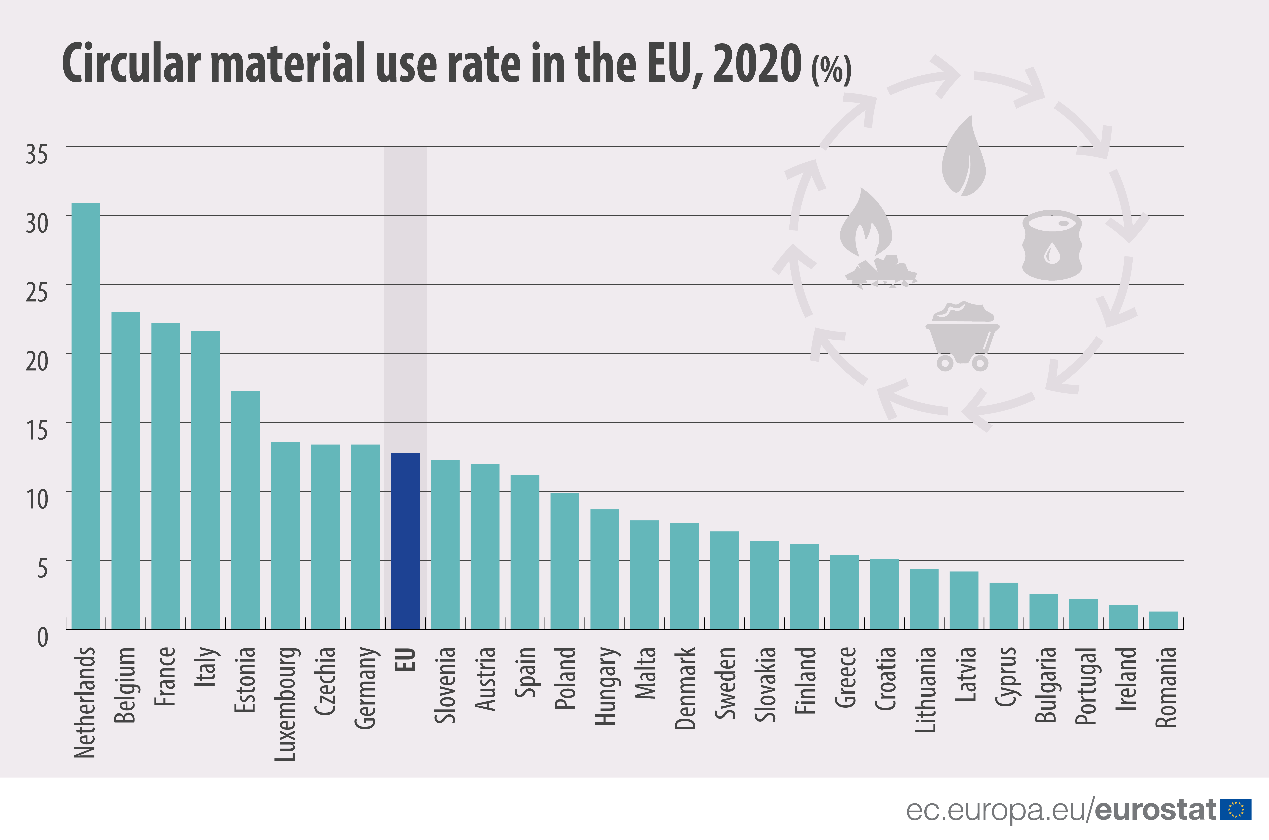 At European level, things are slightly better. In 2020, the EU’s circularity rate reached 12.8%. This means that almost 13% of material resources used in the EU came from recycled waste materials. This information comes from data on circular material use rate published by Eurostat. Compared to 2019, the circularity rate increased by 0.8%.
At European level, things are slightly better. In 2020, the EU’s circularity rate reached 12.8%. This means that almost 13% of material resources used in the EU came from recycled waste materials. This information comes from data on circular material use rate published by Eurostat. Compared to 2019, the circularity rate increased by 0.8%.
Even if the EU seems to be complying well in relation to the globe as a whole, we are still lagging behind in reaching the average of 18% circularity rate. At the same time, it is obvious that the performance varies a lot among Member States. These differences are due not only to varying commitments to recycling in each country, but also on a range of other issues, including structural factors in national economies, levels of understanding and awareness of the circular economy notion, legislation and institutional barriers, and lack of infrastructure.
How can we improve that?
URBACT Action Planning Networks in the fight to help this transition
Local governments in many towns and cities are discovering the urgent need to enhance their sustainability and resilience, and contribute to the fight against climate change. By implementing circular economy strategies, they are moving forward without straying from their low-carbon commitments.
Acknowledging these needs, the URBACT III programme financed 23 Action Planning Networks through its January 2019 call aiming to find solutions to common urban challenges. These brought together partners from towns and cities in different European countries to share experience and learn from each other. All partners produced an Integrated Action Plan and had the opportunity to test some small-scale solutions in their cities.
Among these, two URBACT networks have had a particularly strong impact on boosting circularity in European cities – URGE: Circular building cities, led by Utrecht and Resourceful Cities, led by The Hague.
URGE, standing for 'circUlaR buildinG citiEs' is an URBACT Action Planning Network on circular economy in the construction sector – a major consumer of raw materials. As there is a gap in circular economy principles' implementation in this sector, URGE brings together nine cities, from nine EU countries, to inspire and learn from each other on developing integrated urban policies. This supports the integration of circularity in construction tasks, thus contributing to sustainable cities.
In the construction sector, building renovation quickly imposed itself as an obvious immediate win, combining a local activity boost with a necessary efficiency upgrade. Construction is one of the sectors that offers the ground for transformational change towards a greener economy.
At the same time, the need to introduce infrastructure to store, reprocess, and innovate with different kinds of materials, is high. Not only for construction materials, but also for materials coming from other industries, such as electric and electronic equipment, or textiles, which not only produce a lot of waste but also demonstrate high opportunities to use spare parts and create new, upscaled products.
In this direction, Resourceful Cities, a network of nine cities from eight EU countries, has been seeking to develop the next generation of urban resource centres, so they can serve as catalysts, promoting the positive economic, environmental and social impacts of the local circular economy. Facilitating waste prevention, reuse, repair and recycling, the centres also work as connection points for citizens, new businesses, researchers and the public sector to co-create new ways to close resource loops at the local level, putting people at the heart of the circular transition.
Both networks used the URBACT Method and URBACT Toolbox to bring interested local actors together to promote the circular economy.
Good examples from the URGE: Circular Building Cities and Resourceful Cities networks
By exchanging knowledge, trailing small scale solutions, drafting Integrated Action Plans – and much more – partners in the Resourceful Cities and URGE networks achieved results that will live on beyond the official close of the networks in August 2022. The cities celebrated examples of such successes during a session dedicated to acceleration of circular economy at the 2022 URBACT City Festival. Here are just a few:
Governing circular economy: Copenhagen (DK)
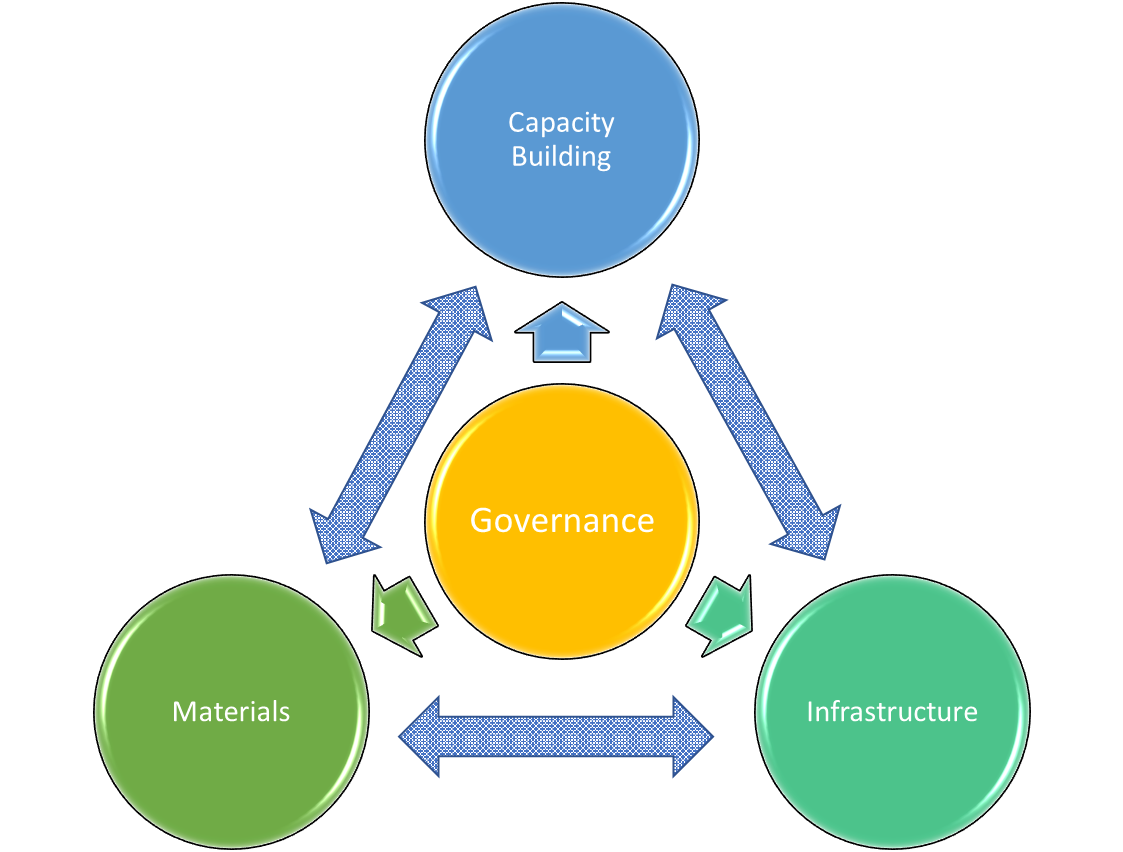
The circular economy is all about connecting the outflows of one industry or process, to another one to develop innovative value chains. But to obtain that, we need to have a place to keep materials, process and transform them into something else, that is still useful and economically valuable.
Apart from that, another big barrier to reusing materials and resources is linked to lack of incentives, weak policies and, inconsistencies in legislation that hamper the widescale use of recycled products.
Copenhagen, partner in the URGE network, has revealed the importance of establishing an operational and institutional framework, in order to be able to put forward innovate value chains, boost business innovation and raise citizens’ awareness.
The city proposed four key actions on governance to boost circularity in the construction sector:
- Produce a handbook on circular procurements.
- Support national (and international) legislation in order to allow and incentivise for the use of secondary materials.
- Develop infrastructure not only for the city (such as urban resource centres) but for the whole region.
- Promote citizens’ awareness through urban renewal projects, in a sense of urban living labs, where the residents co-design, co-create the neighborhoods, applying circular economy approaches.
Urban resource centres: Mechelen (BE)
Since 2020, the city of Mechelen has set a firm goal to reduce its material footprint by 30% by 2030, in order to reach its climate goals and foster a competitive green economy across the region, in which growth is decoupled from resource use. In close dialogue with local actors and by analysing the circular and social potential of specific urban value chains for the development of the economy in the region, Mechelen chose to focus on four urban resource centers in the short and medium term (scope 2030):
- A food hub where wasted food is collected and redistributed to vulnerable families or transformed.
- A material bank or several hubs for the reuse of construction materials.
- A textile hub where clothes and fabric are collected (mainly postconsumer) and redistributed for reuse, reworked, or recycled.
- A community hub which brings together all of the different actors and offers inspiration and room for experimentation.
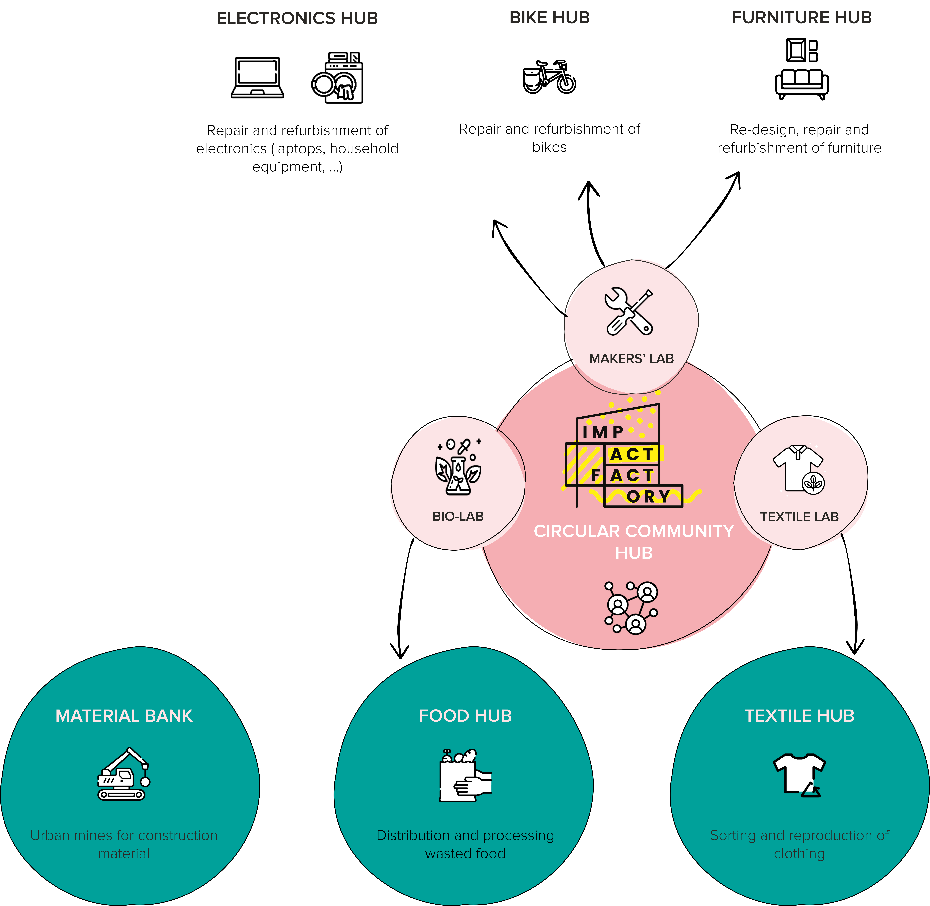
The role of local authorities in supporting of SMEs towards circular transition: Ciudad Real (ES)
A very natural role for local authorities in the circular economy is in networking, matchmaking or bringing together different parties for cooperation. Local authorities need to work closely with industrial players in order to make them aware of the changing environment and incentivise SMEs that will in turn help to raise demand for circularly-made products.
Ciudad Real, partner in the Resourceful Cities network, identified a need to support the business sector, made up mainly of SMEs, in understanding the circular economy and the opportunities it presents. Examples of actions:
- Local award for the most circular entity to promote the adoption of the circular economy among businesspeople
- Circular economy training for entrepreneurs to contribute to the generation of new companies that incorporate elements of circularity from their earliest stages, thanks to the training and awareness of Ciudad Real entrepreneurs
- Organisation of hackathons for entrepreneurs from Ciudad Real tο generate new business ideas focused on solving real challenges related to the circular economy
The role of industrial partners: Nirgrad d.d.o, Maribor (SI)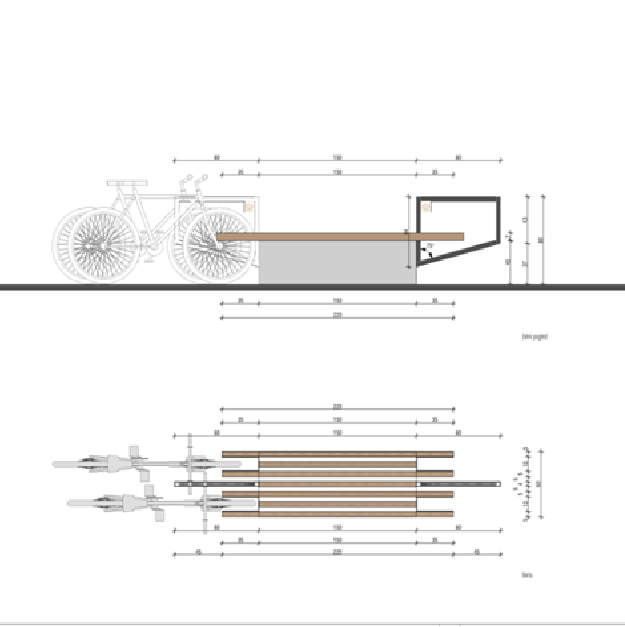
During a so-called ‘small-scale action’ for the URGE network, Nigrad d.d.o, a utility company from Maribor, produced micro-urban fixtures out of recycled aggregates that can be used as benches with a bicycle rack.
Benches combined with bicycle racks are a stylish and practical solution for decorating a city park, city centre or areas around schools or kindergartens. Old benches, are deconstructed and the concrete is transformed into ‘green’ concrete, used in the benches. Reusable wooden parts and scrap metal, are also being tested.
URBACT cities and communities are already seeing positive impacts of their circular economy actions: Opole (PL) and Kavala (EL)
Opole, partner in the Resourceful Cities network, opened their Urban Resource Centre (URC) in an empty shop building in the city centre. The main aim of their URC was to have a central physical space to promote resource reduction, reuse and repair and to raise awareness and participation levels of residents in the circular economy. In one month, 7.1 tonnes of resources were brought to the centre and 6.4 tonnes of resources were taken for reuse. There were 7200 visitors in total. The local authority also won two national awards relating to the ReUse shop for innovative local government. They are now looking to extend their services to include a repair cafe for electronic equipment and to source a location for the reuse and repair of bulky goods.
The Municipality of Kavala, in northern Greece, is partner in the URGE: Circular Building Cities network. Building on experiences gained in the URBACT Making Spend Matter Network, Kavala wanted to explore the topic of public procurements in the construction sector, through the lens of the environmental and economic dimensions of sustainability and circular economy.
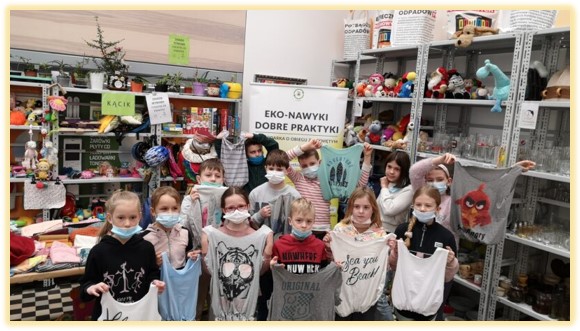
Municipal departments worked in a participatory and integrated approach together with Ministries, regional authorities, local market players, academia – and the Technical Chamber of Greece, which plays an important national role in proposing technical specifications for the reuse of construction materials and influencing regulations. In the end, they drafted a tender for the restoration of access of a rural road network, using secondary materials.
Kavala is now ready to launch the tender that includes circular economy criteria, which is a huge step at national level towards changing mindsets and considering alternatives to common, linear, practice.
Looking ahead: URBACT’s lasting local legacy
URBACT has provided the opportunity to initiate links between 18 European cities experienced in finding circular economy solutions.
URGE and Resourceful Cities have agreed to keep on working together after their URBACT networks officially end. Partners of both networks will continue to meet digitally, in order to seek common solutions and implement their Integrated Action Plans. Fundraising will be one of the most important issues for all cities. A solid basis has been formed to achieve the intended results. Most importantly, partners of both networks acknowledge the importance of working in an integrated, participatory approach. They are exploring opportunities to keep their URBACT Local Groups alive, and further, to keep expanding the networks. Several ideas exist to achieve this, by embedding the URBACT Local Group into the local governance ecosystem.
Both networks are also pursuing to generate impact outside their project boundaries.
Utrecht, Lead Partner of the URGE network, organised a political event in July 2022, in which URGE local coordinators responsible for the development of Integrated Action Plans in each of the nine partner cities called on politicians to support the aim to become circular by 2050 or even sooner. The URBACT Local Group coordinators signed a list of URGE recommendations, and highlighted the need to present them to various levels of government – local, regional, national and European – and other relevant stakeholders.
In the same sense, Resourceful Cities lead partner The Hague is preparing a policy roundtable to coincide with the European Week of Regions and Cities in October 2022. This will link up with a study visit to one of the city's new Urban Resource Centres, the Impact Factory in Mechelen.
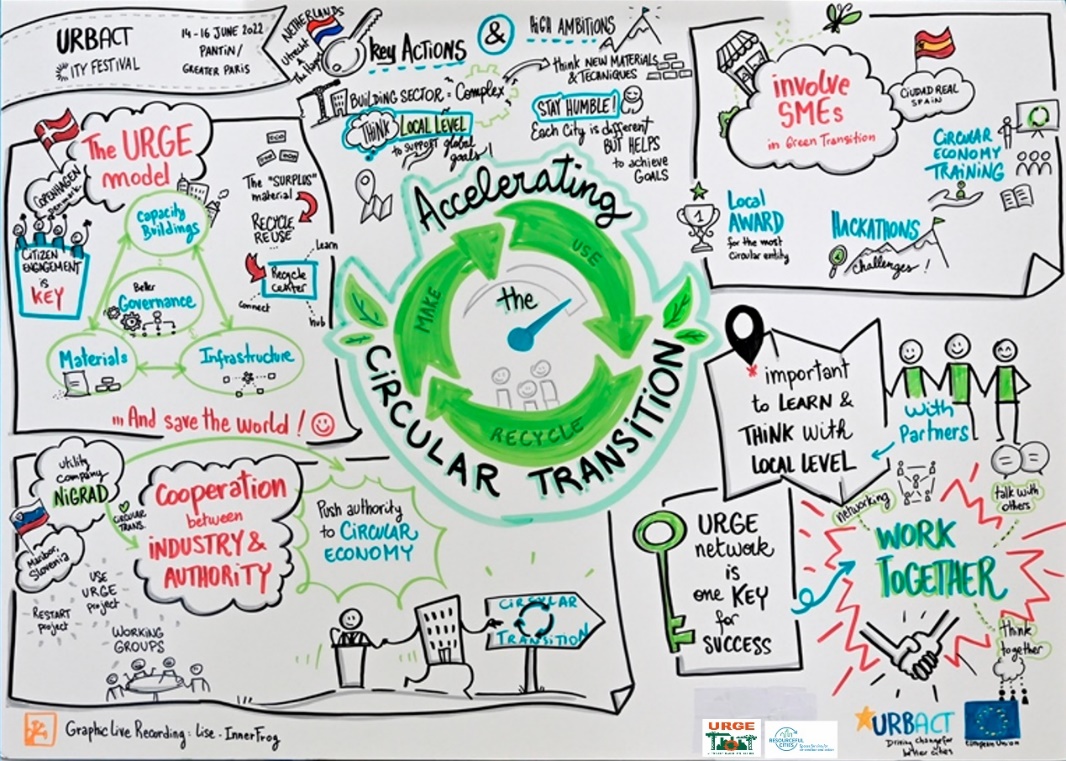
Participating in the URBACT networks URGE: Circular Building Cities and Resourceful Cities has been a truly valuable, challenging and worthwhile experience for all involved. Valued relationships have been born and while the networks may be officially coming to an end, their work will continue both independently and collaboratively as they strive for a more inclusive, fair and sustainable system of consumption and production.
Interested by the topics of circular economy and green transition? Check out URBACT's recently approved Action Planning Networks!
SEE NETWORKS

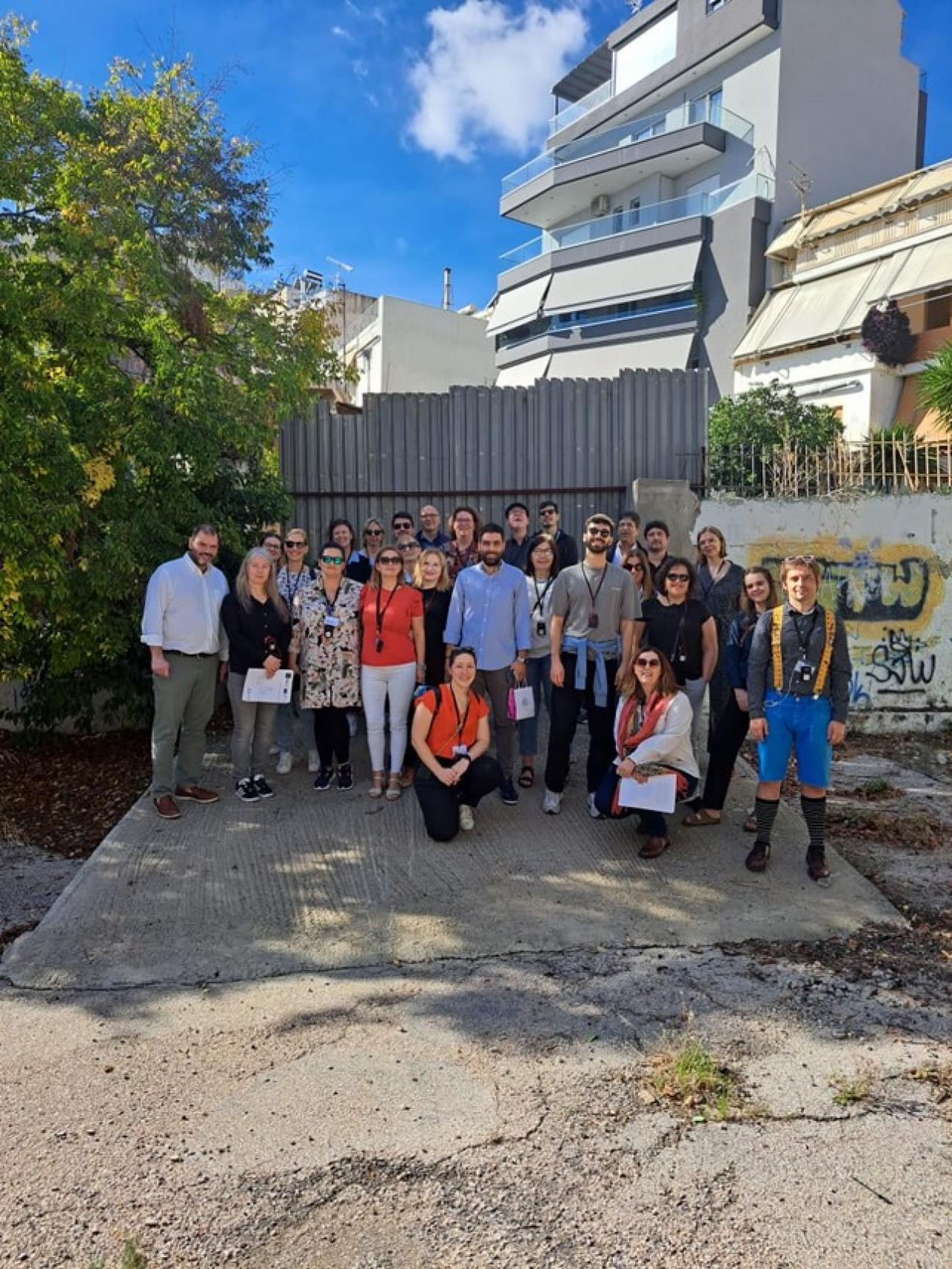
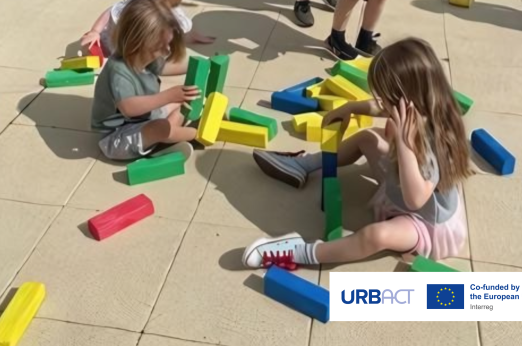

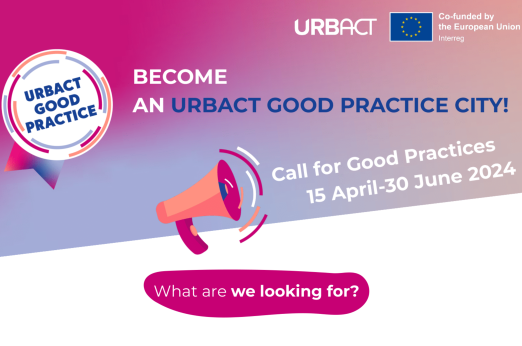




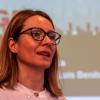
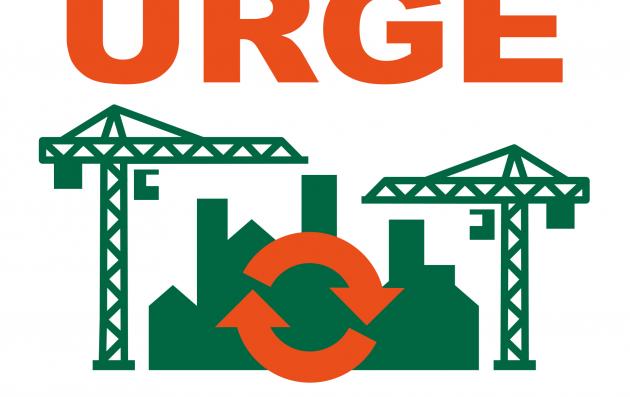

 At European level, things are slightly better. In 2020, the EU’s circularity rate reached 12.8%. This means that almost 13% of material resources used in the EU came from recycled waste materials. This information comes from data on circular material use rate published by Eurostat. Compared to 2019, the circularity rate increased by 0.8%.
At European level, things are slightly better. In 2020, the EU’s circularity rate reached 12.8%. This means that almost 13% of material resources used in the EU came from recycled waste materials. This information comes from data on circular material use rate published by Eurostat. Compared to 2019, the circularity rate increased by 0.8%.









